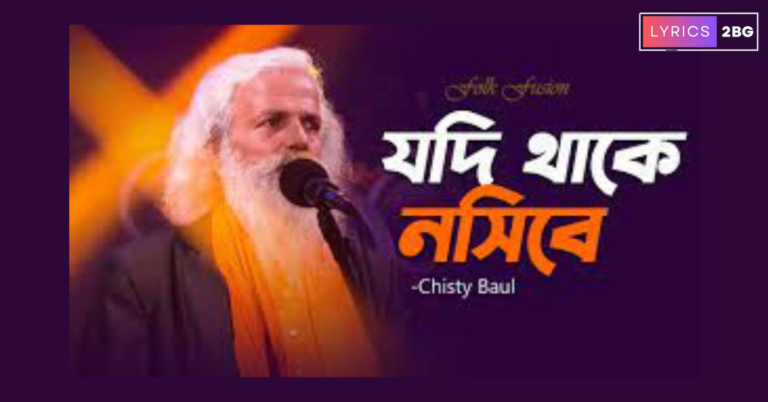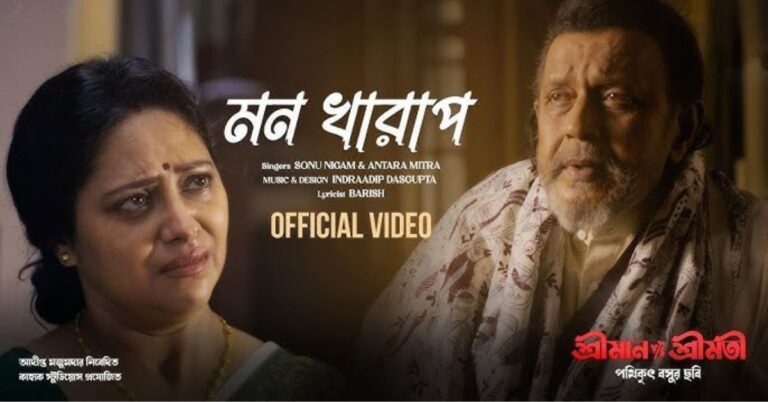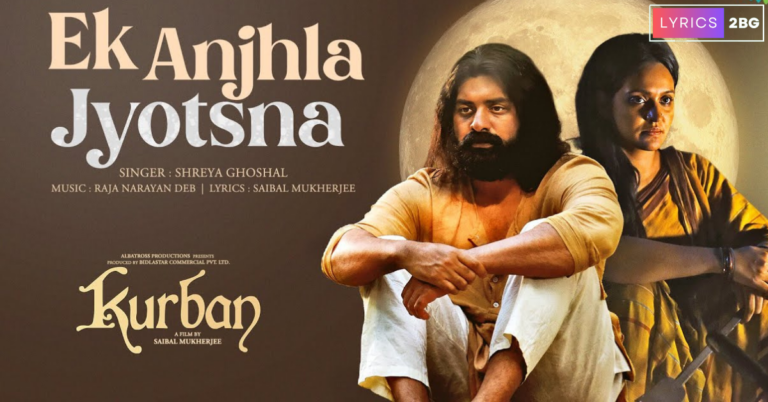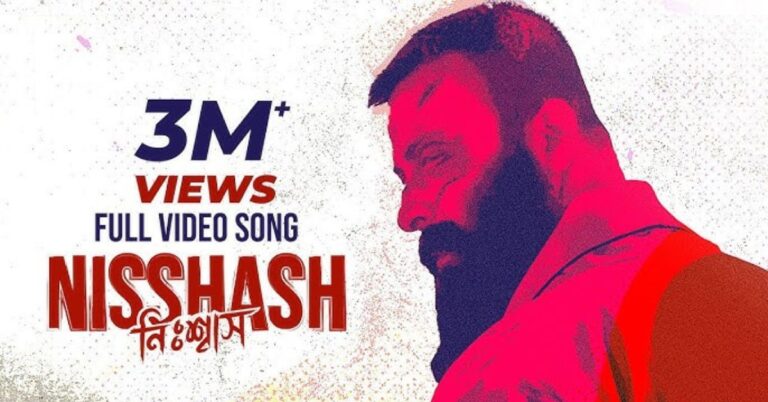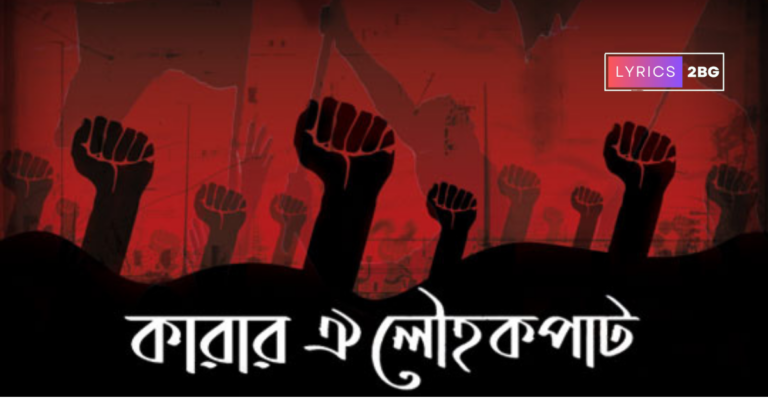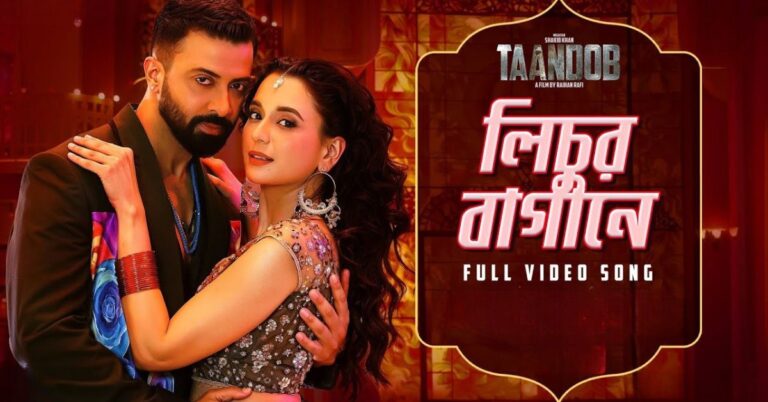Pagol Lyrics | পাগল | Ashes
Pagol Lyrics
তোরা তারে পাগল বলিস
পাগল তোদের পাগল বলে,
তোরা তারে পাগল বলিস
পাগল তোদের পাগল বলে,
বলিস না বলিস না আর।
জানতে চাই ..
কে কাটে ধারে, কে কাটে ভারে
কে-কাটে ধারে, কে কাটে ভারে,
কে রাখালের বেখেয়ালে
ঘুরে ঘুরে গান হয়।
কার মনের ভেতরে, অনেক কথা
নীরব থাকে, চোখের জলে,
কে ভেবেছিলো ভুল
ভাবনাগুলো, অপ্রাসঙ্গিক কথা দিয়ে।
পাগল ..
নষ্ট হবে কষ্ট পাবে
নষ্ট হবে কষ্ট পাবে,
তাতে কার কিবা আসে যাবে
তাতে কার কিবা আসে যাবে।
সংগ্রামে সংগ্রামে যাচ্ছে জীবন
গভীর রাতে কান্না এলে,
মনোবাসনা পূর্ণ হবার
ইচ্ছে গুলো জন্ম নেবার,
অজুহাতে নষ্ট হবে,
নষ্ট হলে কষ্ট পাবে
নষ্ট হলে কষ্ট পাবে,
কষ্ট পেলে নষ্ট হবে।
তোরা তারে পাগল বলিস
পাগল তোদের পাগল বলে,
তোরা তারে পাগল বলিস
পাগল তোদের পাগল বলে,
বলিস না বলিস না আর।
Meaning of Pagol Lyrics
Pagol lyrics appears to be a poignant reflection on the complexities of human emotions, relationships, and the journey of life itself. It delves into themes of madness, longing, loss, and the inevitable struggles for understanding amidst the chaos of existence. At its core, the song seems to speak to the folly of labeling others as “mad” or “insane” when it is often our own perceptions and judgments that cloud our understanding of others. It questions who has the right to judge, who carries the burden of responsibility, and who ultimately suffers the consequences of such judgments.
Pagol lyrics repeated refrain of “তোরা তারে পাগল বলিস, পাগল তোদের পাগল বলে” (“You call her crazy, the crazy call each other crazy”) sets the tone for a narrative that challenges societal norms and perceptions. It suggests a world where labels like “crazy” are subjective and perhaps unjustly applied, highlighting the arbitrary nature of judgment and the tendency to ostracize those who deviate from the norm.
As the song progresses, pagol lyrics delves deeper into the inner turmoil of individuals, portraying a landscape of silent struggles and unspoken desires. Lines like “কার মনের ভেতরে, অনেক কথা” (“Inside whose mind, there are many thoughts”) and “নীরব থাকে, চোখের জলে” (“Remains silent, tears in the eyes”) evoke a sense of isolation and the weight of unexpressed emotions.

Pagol lyrics also touches upon the inevitable pain and suffering that come with life’s battles. The lines “সংগ্রামে সংগ্রামে যাচ্ছে জীবন” evoke a sense of perseverance and resilience in the face of adversity, while also acknowledging the inevitability of pain and loss. The chorus’s repetition of the consequences of loss and pain—”নষ্ট হবে কষ্ট পাবে, তাতে কার কিবা আসে যাবে” (“Will lose, will suffer, who will come or go”)—underscores the inevitability of suffering in life. It speaks to the transient nature of existence and the uncertainty of what lies beyond.
Amidst this existential reflection, the song also hints at the resilience of the human spirit. It portrays life as a battlefield (“সংগ্রামে সংগ্রামে যাচ্ছে জীবন”) where one must confront their deepest fears and desires. The imagery of tears in the night (“গভীর রাতে কান্না এলে”) and the yearning for fulfillment (“মনোবাসনা পূর্ণ হবার ইচ্ছে গুলো”) encapsulate the universal human experience of longing and striving for meaning.
Ultimately, pagol lyrics invites introspection and contemplation on the nature of madness, loss, and the pursuit of happiness. It urges us to look beyond surface judgments and labels, and to seek a deeper understanding of ourselves and others. Through its lyrics and soulful melody, the song invites listeners to contemplate the intricacies of life and the universal experiences that bind us all together. It serves as a reminder that amidst life’s struggles and uncertainties, there is beauty in embracing our vulnerabilities and finding solace in the shared experience of being human.
About the Author of the Song

Pagol is a Bengali song sung by Zunayed Evan from Ashes Band. Pagol lyrics was Written by Zunayed Evan. Mixing and mastering are done by Sultan Rafsan Khan. Pagol music video directed by Mohammad Soaib. Pagol song was released on Ashes youtube channel on Apr 11, 2024.
Band : Ashes
Lyrics & Tune : Zunayed Evan
Mixed & Mastered by : Sultan Rafsan Khan
Director : Mohammad Soaib
Editor : Oliur Rahman Sohag
Executive producer : Azim Uddin
Cinematographer : Shafayat kabir shahi, Mohammad Soaib
Scriptwriter : Mohammad Soaib
Studio : GMIT Limited
Colour : Azim Uddin
VFX, Motion : Oliur Rahman Sohag


